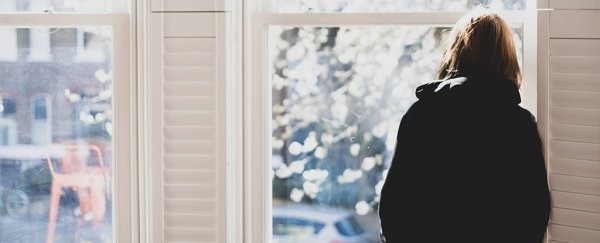The timing of social distancing can have an exponential effect on the death toll of the coronavirus, epidemiologists Britta L. Jewell and Nicholas P. Jewell recently wrote in The New York Times.
The White House started issuing social-distancing guidelines on March 16, more than two weeks after the first COVID-19 related death.
However, an estimated 90 percent of coronavirus deaths in the US could have possibly been avoided if social distancing began March 2, according to the two health experts.
Lockdowns and social distancing have become the new norm, but according to the experts, they are not the answer to fighting the coronavirus, instead, they are a tool to buy more time while treatments and vaccines are researched and developed.
While social-distancing measures aren't a cure for the disease, epidemiologists Britta and Nicholas Jewel said the timing of such measures can be the difference between life and death on a massive scale.
If social-distancing measures had been implemented on March 9, a week earlier, the move would have reduced the death toll by an estimated 60 percent, the report said.
And in New York City, the site of the country's largest outbreak, deaths could have decreased 50 percent to 80 percent if stay-at-home orders had been implemented on March 22.
Comparisons of states like Kentucky and Tennessee, which implemented safety precautions just days apart, showed that Kentucky's actions prevented more deaths than Tennesse, which was less than a week behind in ramping up social-distancing efforts, according to the epidemiologist's findings.
Business Insider reported on March 2 that doctors warned cases of the coronavirus would explode across the US, that economists predicted the economy would take a nosedive.
But Britta and Nicholas Jewell assert that the past months of experience with the spread of coronavirus and missed potential to slow down the disease are an indication that the rate at which social-distancing measures are relaxed is of the utmost importance – relaxing them even a week too soon could be devastating.
"Whatever the final death toll is in the United States, the cost of waiting will be enormous, a tragic consequence of the exponential spread of the virus early in the epidemic," they write.
Read more over at The New York Times.
This article was originally published by Business Insider.
More from Business Insider:
